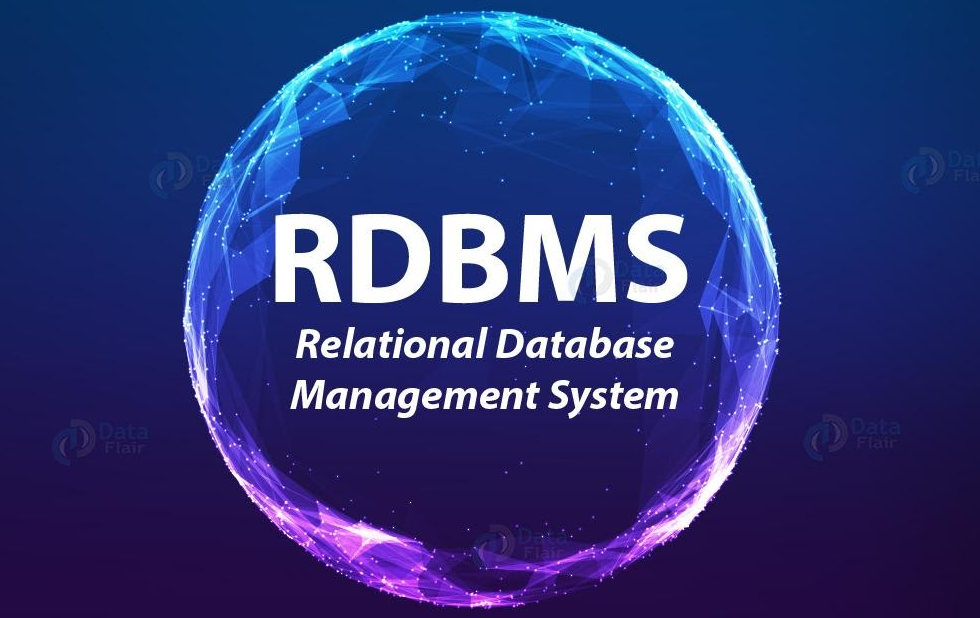Introduction: In the dynamic landscape of software development, where efficiency and organization are paramount, Relational Database Management Systems (RDMS) play a pivotal role in ensuring smooth operations and optimal performance. From conceptualization to deployment and maintenance, RDMS serves as the backbone of modern software applications, facilitating data storage, retrieval, and management. Let’s delve deeper into the significance of RDMS in the software development cycle and explore how it enhances the development process.
Conceptualization and Requirements Gathering:
At the inception stage of software development, defining the requirements and data structure is crucial. RDMS enables developers and stakeholders to conceptualize data models, entity relationships, and business logic effectively. Through tools like Entity-Relationship Diagrams (ERDs) and Data Definition Language (DDL), developers can outline the database schema, specifying tables, columns, constraints, and relationships.
Design and Development:
During the design and development phase, RDMS facilitates seamless integration with programming languages and frameworks. Developers utilize Structured Query Language (SQL) to interact with the database, perform CRUD (Create, Read, Update, Delete) operations, and enforce data integrity constraints. Object-Relational Mapping (ORM) frameworks further streamline the development process by abstracting database interactions, reducing boilerplate code, and enhancing code reusability.
Testing and Quality Assurance:
RDMS plays a vital role in testing and quality assurance by providing mechanisms for data validation, integrity checks, and transaction management. Test data generation tools leverage RDMS to populate databases with synthetic data, enabling comprehensive testing of application functionalities under different scenarios. Additionally, RDMS features such as ACID (Atomicity, Consistency, Isolation, Durability) properties ensure data reliability and consistency, contributing to robust testing frameworks.
Deployment and Performance Optimization:
As the software nears deployment, RDMS optimization becomes paramount to ensure optimal performance and scalability. Database administrators (DBAs) fine-tune query execution plans, index strategies, and storage configurations to enhance query performance and minimize latency. RDMS clustering and replication techniques enable high availability and fault tolerance, ensuring uninterrupted access to critical data in production environments.
Maintenance and Upgrades:
Post-deployment, RDMS continues to play a vital role in software maintenance and upgrades. DBAs perform routine tasks such as backup and recovery, monitoring, and performance tuning to mitigate risks and ensure system reliability. Seamless integration with version control systems and deployment pipelines streamlines the process of deploying database schema changes and updates alongside application code changes.
In conclusion, Relational Database Management Systems (RDMS) are integral to the software development lifecycle, serving as a cornerstone for data-centric applications. From conceptualization to deployment and maintenance, RDMS facilitates efficient data management, enhances application performance, and ensures data integrity and reliability. As technology evolves, the role of RDMS continues to expand, adapting to the ever-changing needs of modern software development practices. Embracing RDMS best practices and leveraging its capabilities empower developers to build robust, scalable, and feature-rich software solutions that meet the demands of today’s digital landscape.


